AI Law Podcast
Welcome to the AI Law Podcast by Erick Robinson. Here, we examine the law of AI as well as uses of AI in the law. Join us as we delve into the intersection of AI and the law with discussions of legal cases, statutes, and common sense advice for lawyers, clients, AI enthusiasts, and businesspeople.
Episodes
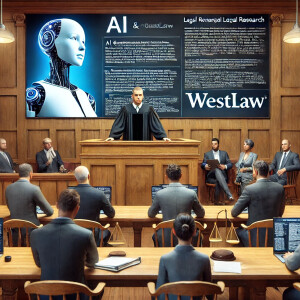
Wednesday Mar 19, 2025
Wednesday Mar 19, 2025
Judge Stephanos Bibas's ruling in Thomson Reuters v. Ross Intelligence underscores the legal challenges AI developers face regarding copyright infringement and fair use. This episode unpacks the case's key points, including the protection of Westlaw headnotes, and explores strategies for navigating AI and copyright compliance. The discussion also highlights the broader implications for innovation and lawmaking in the AI landscape.
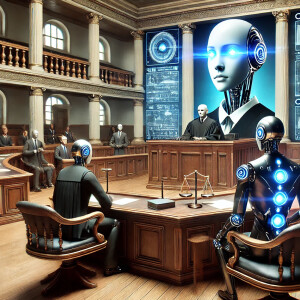
Saturday Mar 15, 2025
Saturday Mar 15, 2025
The legal profession is on the cusp of a revolutionary GenAI transformation. Technological advancements are introducing entirely new ways to analyze, structure, and apply legal knowledge, and one of the most significant developments today involves generative artificial intelligence (AI). While many lawyers and legal teams have begun to hear about the potential of AI, the idea of incorporating these tools into daily legal practice can be daunting. Concerns about data confidentiality, the risk of “hallucinations,” and uncertainty about the broader impact on client relationships are top of mind for attorneys, in-house counsel, inventors, litigators, judges, and legal professionals of every stripe. This episode provides multiple perspectives to provide a deeper understanding of how to incorporate AI wisely, mitigate risks, and capture the benefits in a way that aligns with the ethical and professional obligations that lie at the heart of legal work. Whether you are a seasoned litigator, an in-house counsel evaluating new tools, an inventor curious about protecting your intellectual property more efficiently, or a judge eager to ensure fair proceedings in an era of automated drafting, this exploration of generative AI will illuminate what is possible—and how to get there responsibly.

Friday Mar 14, 2025
Friday Mar 14, 2025
In a landmark development that continues to shape the global discussion around intellectual property rights in creative works generated by artificial intelligence (AI), a Chinese court has once again recognized the existence of copyright in AI-generated images. This decision follows earlier precedents set in China, illustrating an evolving legal landscape where new technologies challenge traditional definitions of creativity and authorship.
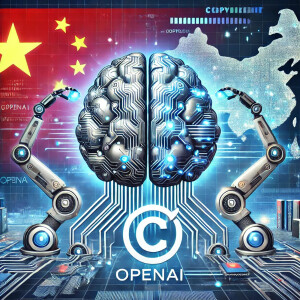
Thursday Mar 13, 2025
Thursday Mar 13, 2025
OpenAI has formally requested that the U.S. government ease restrictions on AI companies using copyrighted material for training purposes, framing the issue as critical to "strengthen America's lead" in the global artificial intelligence race. The proposal was submitted on March 23, 2025 as part of the incoming Trump administration's "AI Action Plan," which seeeks input from various stakeholders while aiming to eliminate "unnecessarily burdensome requirements" that could impede private sector innovation. This episode discusses this proposal, its bases, and its potential effects.
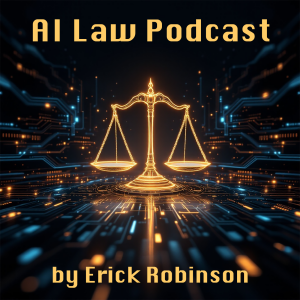
Thursday Mar 06, 2025
Thursday Mar 06, 2025
In this episode, Erick Robinson and Dr. Sonali Mishra examine AI's impact on intellectual property rights, privacy, and accountability, featuring landmark cases on AI inventorship and GDPR compliance challenges. The discussion also highlights explainable AI, regulatory efforts to combat bias in algorithms, and real-world examples of AI-assisted innovations.
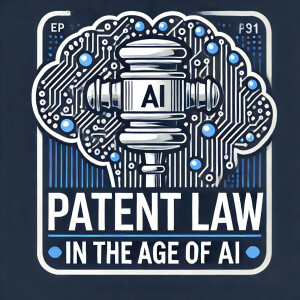
Wednesday Mar 05, 2025
Wednesday Mar 05, 2025
How is AI transforming the innovation landscape and challenging traditional patent laws? This episode unpacks the *Thaler v. Vidal* case, the USPTO’s 2024 guidelines on AI-assisted inventions, and real-world anecdotes on patent disputes. Erick Robinson and Dr. Angela Liu also discuss the global implications and potential reforms needed to adapt intellectual property frameworks in an AI-driven future.







